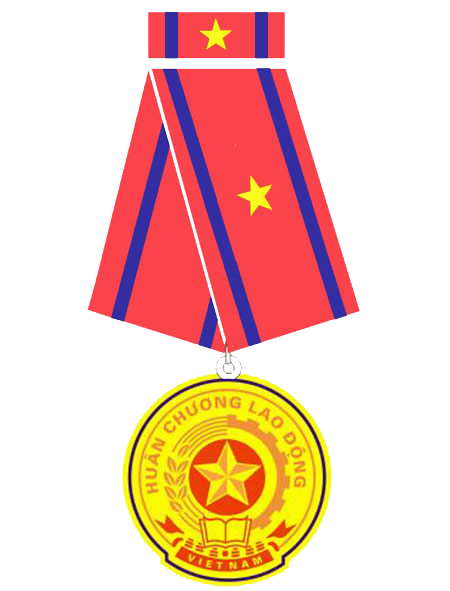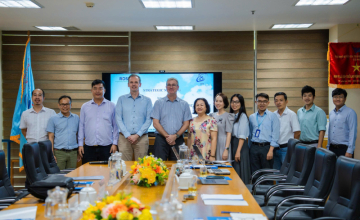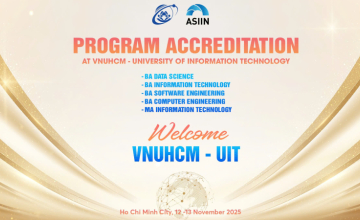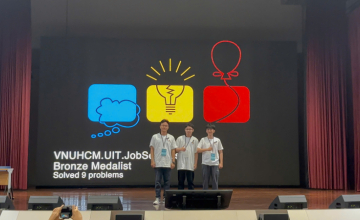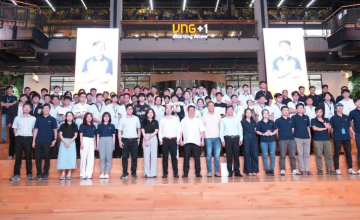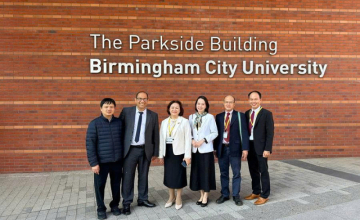In Hanoi, on the morning of November 29, 2023, the Workshop on ICT Human Resource Development Cooperation between enterprises and university training institutions with the theme "Developing digital technology human resources to meet market demand" was organized by the Department of Information Technology and Communication, Ministry of Information and Communication, and FISU (Club of Faculty - Institutes - Schools - University). Prof. Dr. Nguyen Thanh Thuy - President of FISU delivered the opening speech at the Workshop. In line with the government's policy and under the direct guidance of the Prime Minister, concrete action plans have been developed in the field of information technology and communication to promote training, rapidly increase the quantity and quality of high-quality human resources in this field.
Participating in the Workshop, Assoc. Prof. Dr. Nguyen Minh Son - Head of the Computer Engineering Faculty, University of Information Technology, presented the topic "Human Resources in the Microchip Design Industry: Opportunities and Challenges." According to Assoc. Prof. Dr. Nguyen Minh Son, human resources in the Microchip Design industry need to be closely associated with the system of training institutions and businesses. Currently, businesses need an average of 150 microchip design engineers per quarter, and the demand for human resources is growing by 10-25% depending on each quarter of the year. The average salary for newly graduated engineers in this field is about 180 million - 225 million VND per year. Students in this field need to be equipped with basic knowledge in Mathematics, Natural Sciences, Social Sciences, Foreign Languages, Electronics, Semiconductor Physics, Computers, Programming; in-depth knowledge of microchip design; and skills in designing with specialized tools. Vietnam has begun to participate in realizing the desire to join the global Semiconductor Microchip supply chain, requiring closer collaboration between the education system and businesses. The foundation for producing outstanding students, excellent engineers is crucial. We need a solution to recruit and utilize this workforce to serve the development of Vietnam's Semiconductor Microchip Industry. It is expected that the Microchip Design industry will be admitted to UIT in 2024. "Since 2006, the University of Information Technology has recruited in the field of Microchip Design. In the upcoming academic year 2024-2025, University of Information Technology plans to admit and train human resources for the Microchip Design industry to ensure knowledge and skills according to the needs of businesses. In addition, the University will develop plans for scholarship support policies, invest in laboratory infrastructure, human resources, and a team of experts to serve training and research," said Assoc. Prof. Dr. Nguyen Hoang Tu Anh - President of the University of Information Technology.
The workshop was attended by leaders of the Department of Information Technology and Communication, experts, lecturers from leading ICT universities, digital technology companies, ICT associations, and relevant agencies to share information about the demand for ICT labor, training content, the integration of new digital technologies into teaching, and the collaboration between schools and businesses in ICT training.
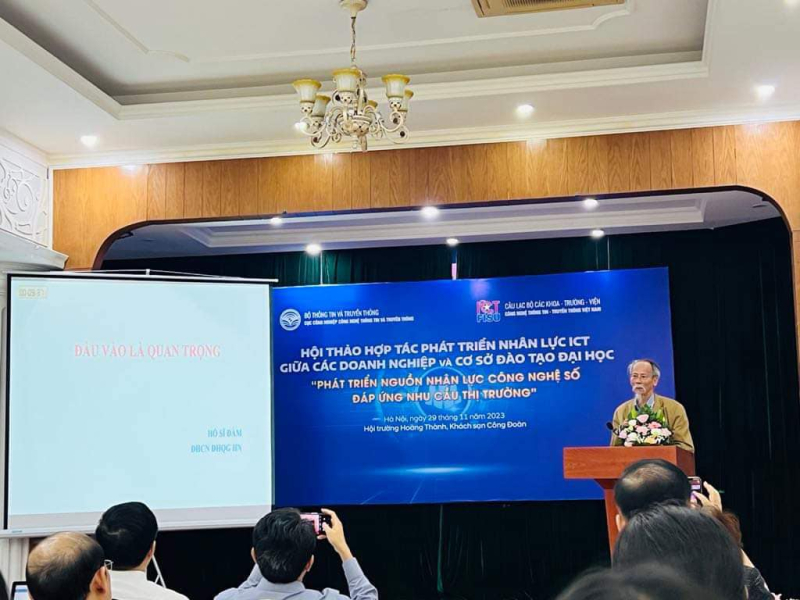
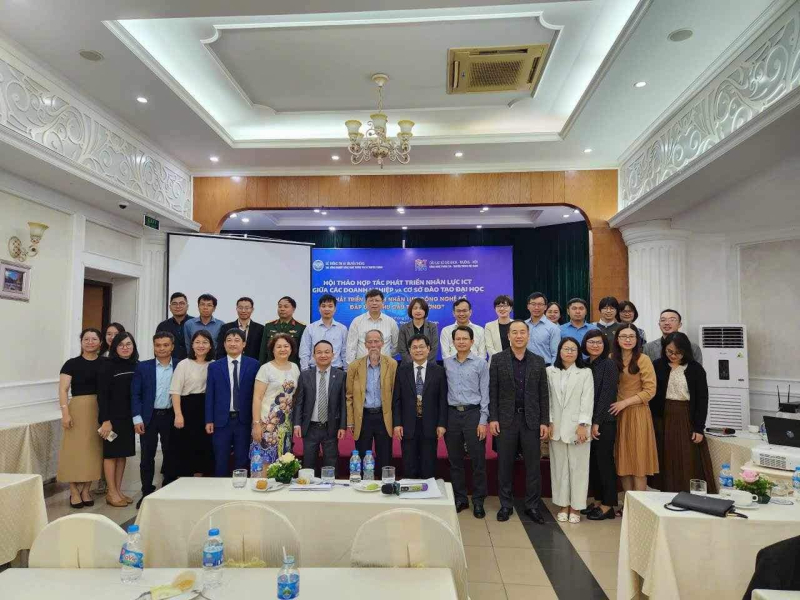
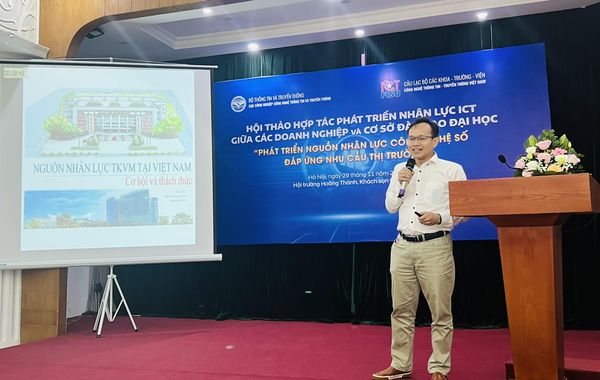
For more details, visit: https://www.facebook.com/UIT.Fanpage/posts/pfbid0qHxQjefPwfVLZC9S4tag...
Ha Bang - Media Collaborator, University of Information Technology
Nhat Hien - Translation Collaborator, University of Information Technology

